For more than a 100 years, celebrities have publicly supported presidential candidates starting in 1920, when singer Al Jolson endorsed Warren G. Harding for president after World War I had just ended.
Since then, celebs have been all in on presidential campaigns, turning politics into a star-studded show. Think Taylor Swift hyping Vice President Kamala Harris as a "steady-handed, gifted leader," or Kid Rock throwing a party for Donald Trump—stars bring the hype, the headlines, and maybe even the votes. Maybe.

The Harvard Kennedy School Ash Center for Democratic Governance and Innovation released a study in August finding that celebrities do help presidential candidates in many ways from fundraising efforts to increasing civic interest, engagement, and voter participation. The study also pointed out that celebrities support voter participation because they feel it benefits their brands, not just democracy. The authors of the Harvard study asked manager Dawn White of Questlove about the influence celebrities have on politics in which she responded, "It helps your audience stay connected to you—a connection based on values, which humanizes an artist and a celebrity in a way that the audience then feels like they know you. And then, when your next film or album comes out, this audience that's connected to you wants to support you, wants to show up."
Ronald Reagan was our first celebrity president, and love him or hate him, you can't deny his lasting impact. During the last presidential election, Republicans brought up his name to remind folks what a good president looked like compared to Trump. Boy did that backfire.
The influence of celebrity endorsements in politics has long been debated. In the 2024 election, figures like Joe Rogan and Elon Musk played significant roles. Rogan, with his vast audience call (men mostly), has the potential to sway public opinion. A Pew Research Center study found that nearly 40 percent of Americans trust advice from influential podcasters like Rogan even more than traditional media sources. And this number is undoubtedly growing.
Elon Musk's involvement in this recent presidential election was particularly controversial. His political action committee, America PAC, initiated a $1 million-a-day giveaway to registered voters in swing states who signed a petition supporting constitutional rights. This move raised serious legal concerns. The DOJ warned that such giveaways might violate federal laws prohibiting payments in exchange for voter registration. Philadelphia District Attorney Larry Krasner filed a lawsuit against Musk and America PAC, alleging the initiative was an "illegal lottery scheme" that violated state laws.
These events highlight the complex interplay between celebrity influence, financial power, and political processes, at least in the U.S. As the digital landscape evolves, micro-influencers—individuals with dedicated, smaller followings—emerge as significant players. Their authentic connections with audiences can shape opinions and behaviors in ways traditional celebrities might not.
The 2024 election underscored the substantial role of money in politics. Allegations about substantial financial contributions to celebrities, such as claims of Kamala Harris giving $1 million to Oprah or $500,000 to Al Sharpton, sparked public outcry. Many questioned the ethics of grassroots donations potentially supporting wealthy individuals, leading to a reevaluation of trust in political endorsements.
This shift suggests a move toward an "impact economy," where micro-influencers engage their communities on issues beyond makeup and supplements, including political and social matters. Their localized influence could redefine political campaigning, emphasizing genuine connections over broad celebrity endorsements.
While traditional celebrities will continue to impact politics, the rise of micro-influencers indicates a shift in how public opinion is shaped. As voters seek authenticity—whether fact-based or not—and direct engagement, the future of political influence may rest with these emerging voices. This reflects a broader democratization of influence in the digital age. Whether that's a good thing or not remains to be seen.
Stacy Whittle is an award-winning producer, writer, actor, and director. She is CEO of Block of Love.
The views expressed in this article are the writer's own.
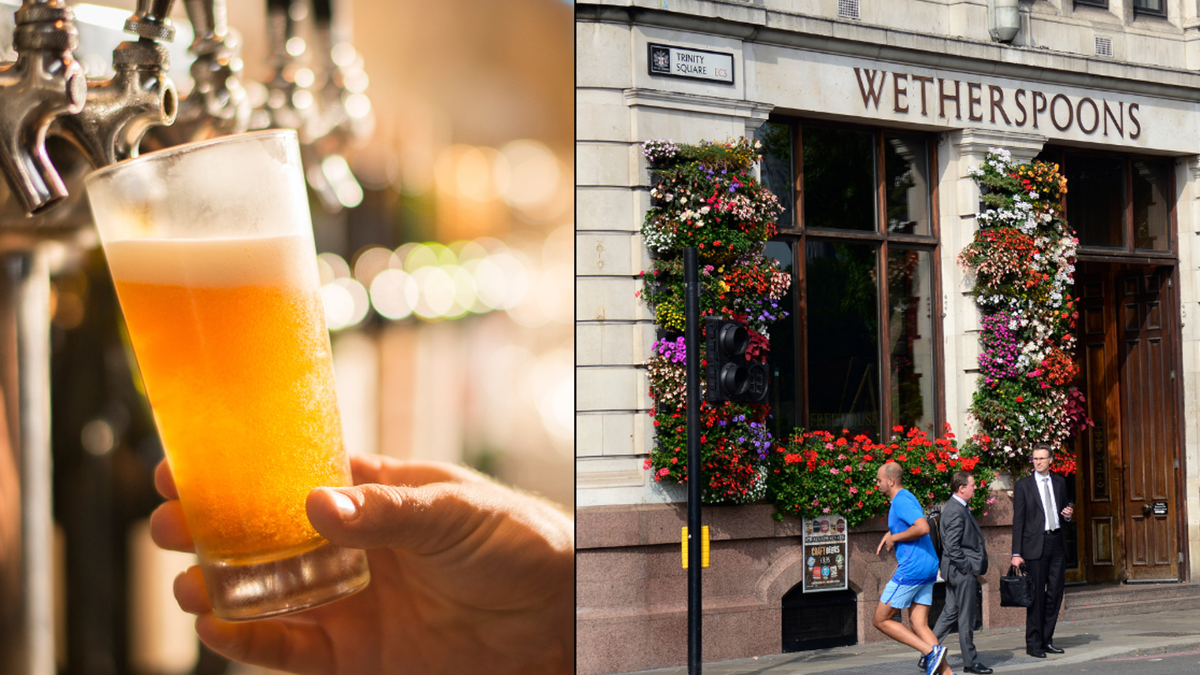
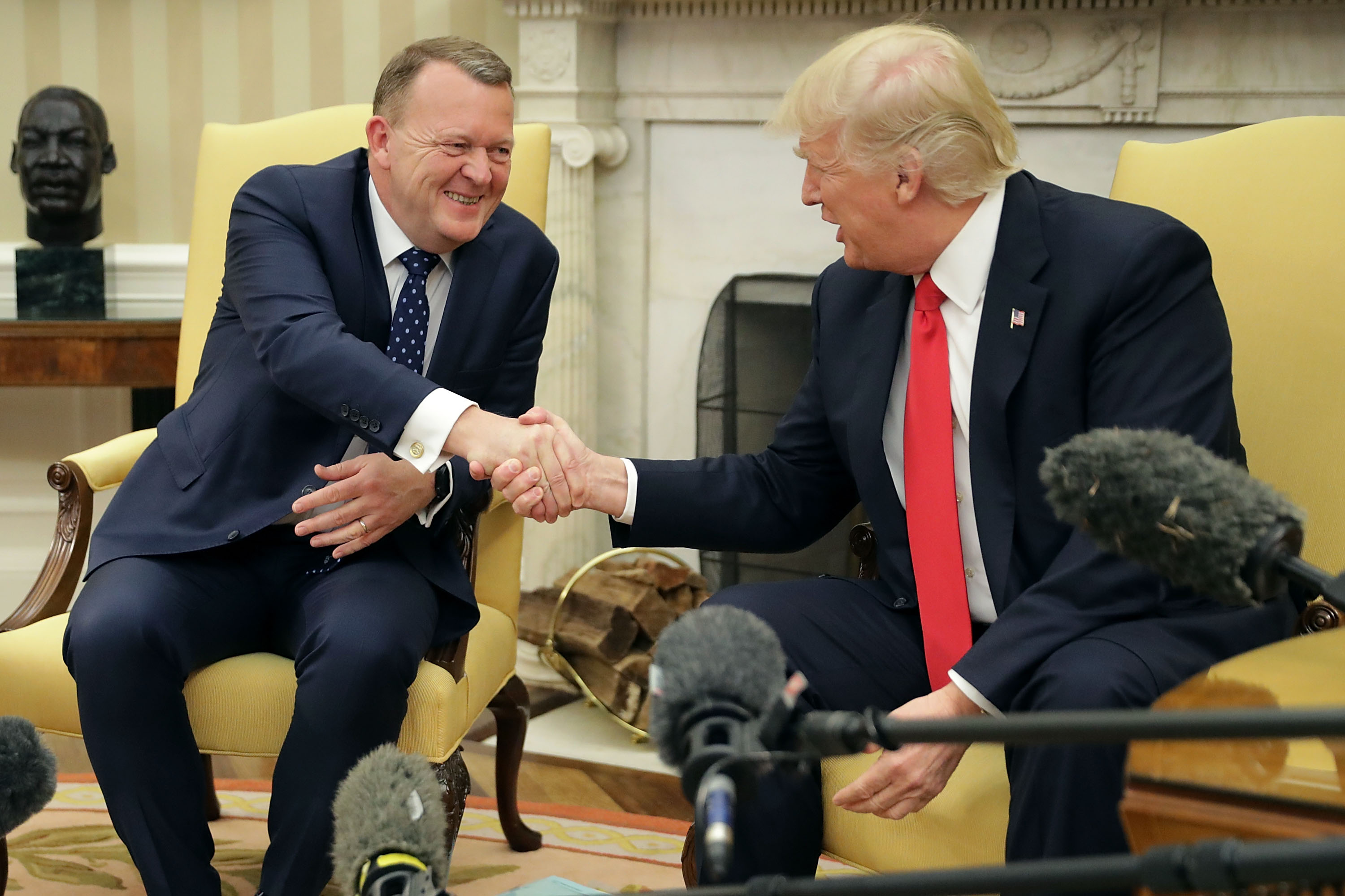
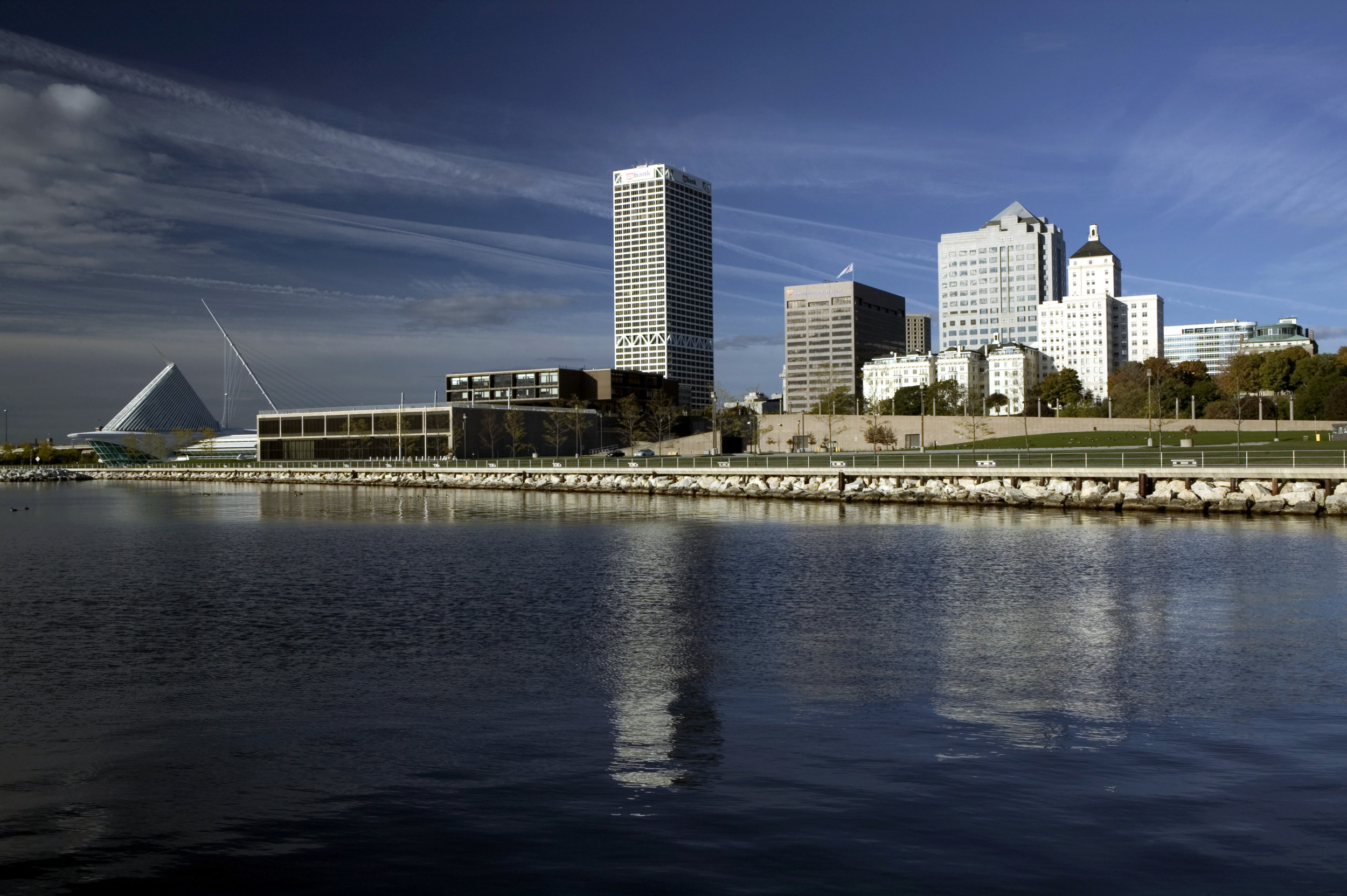
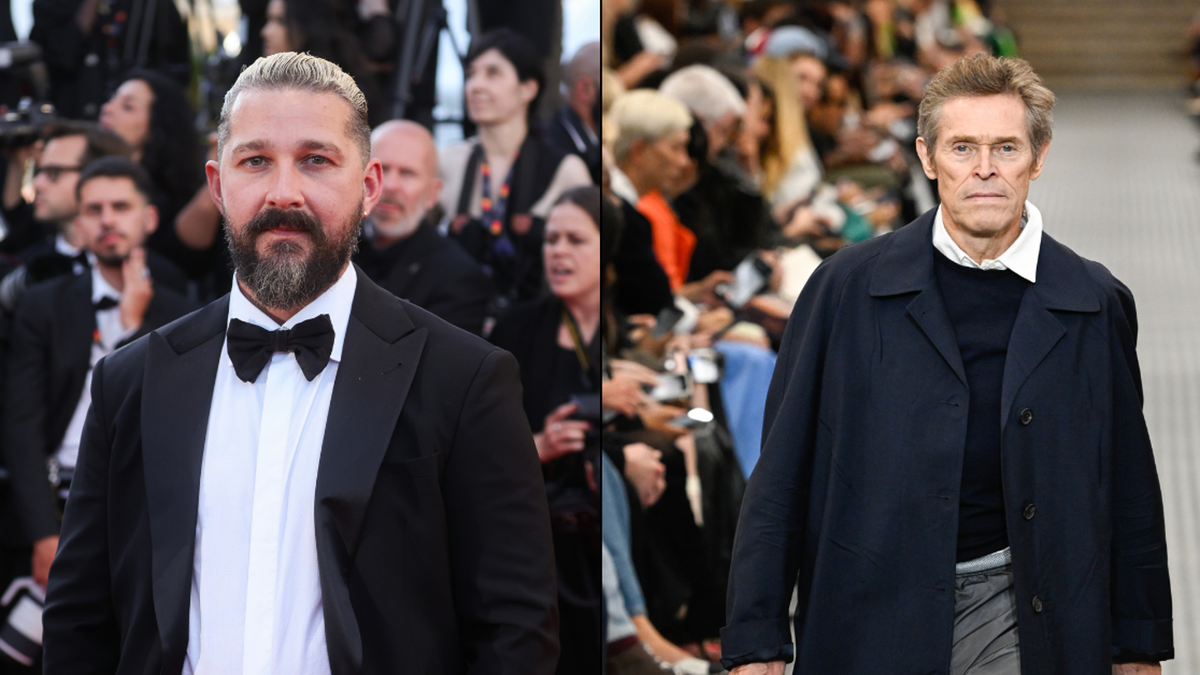
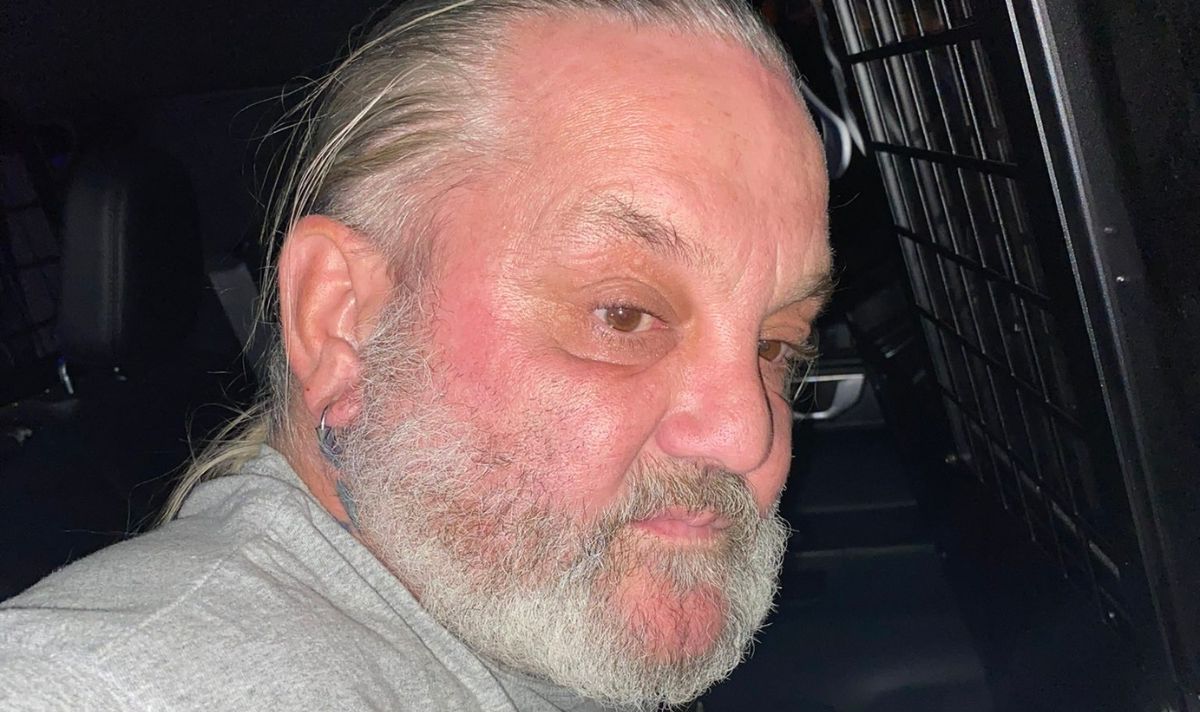
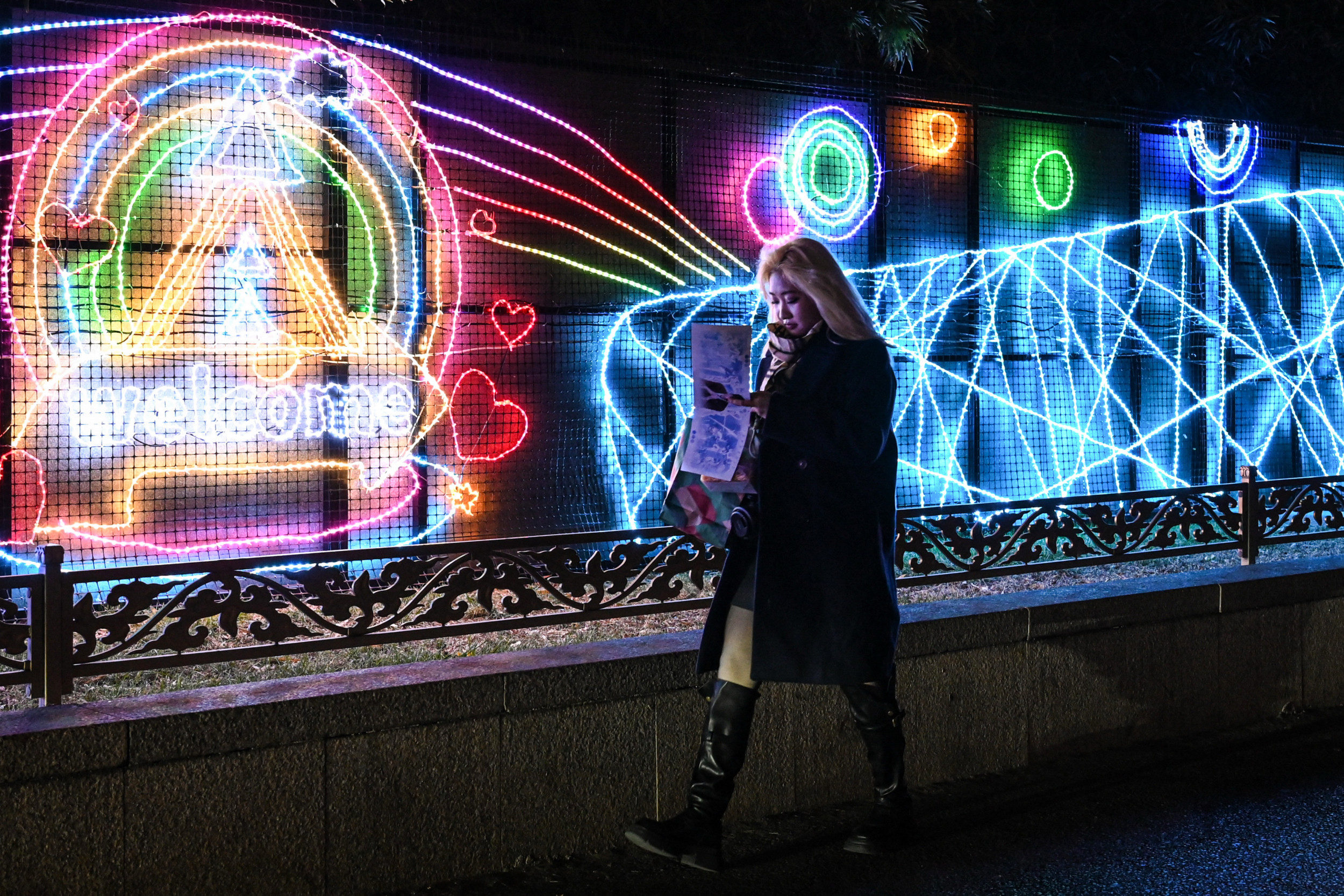
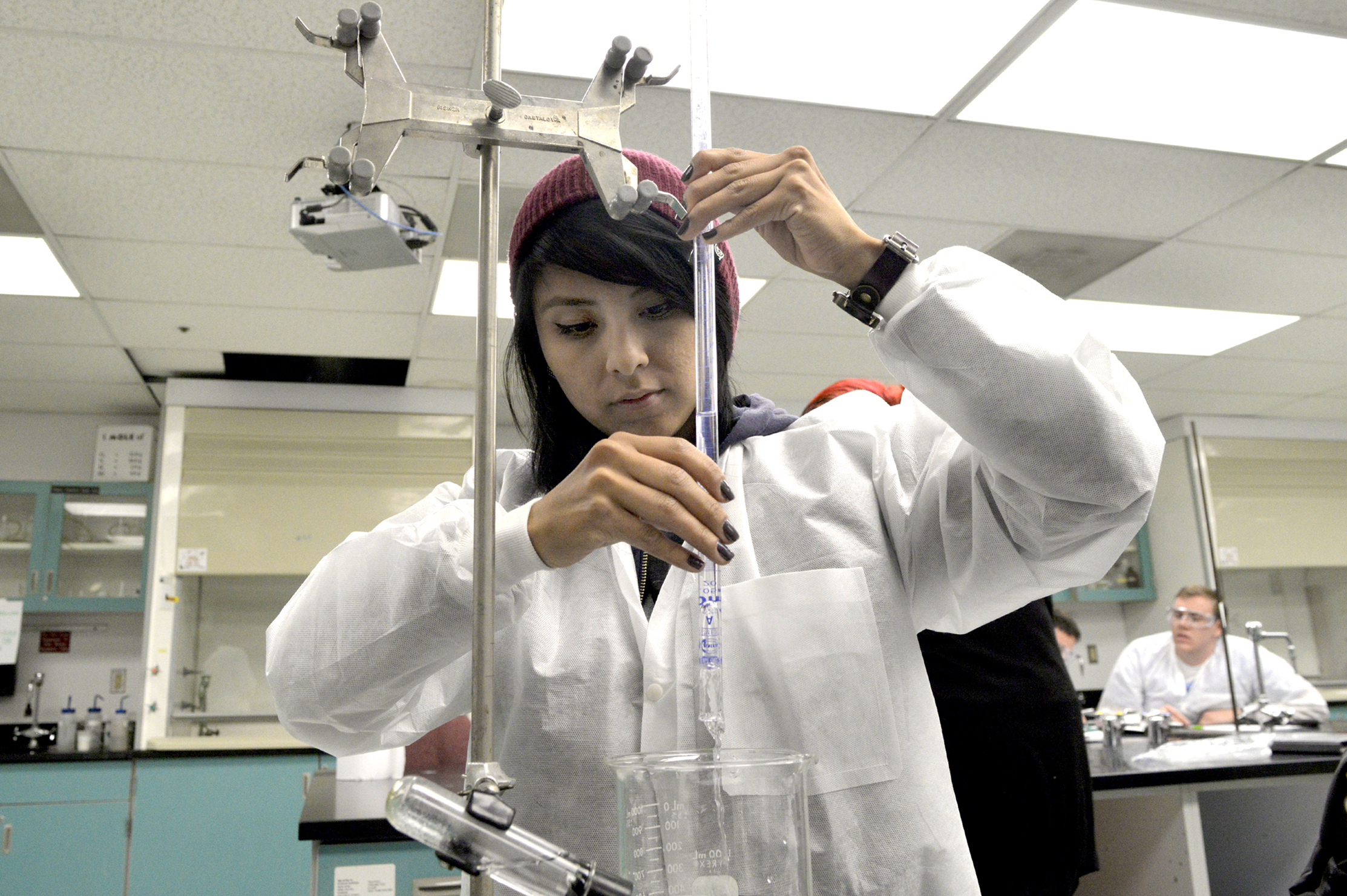

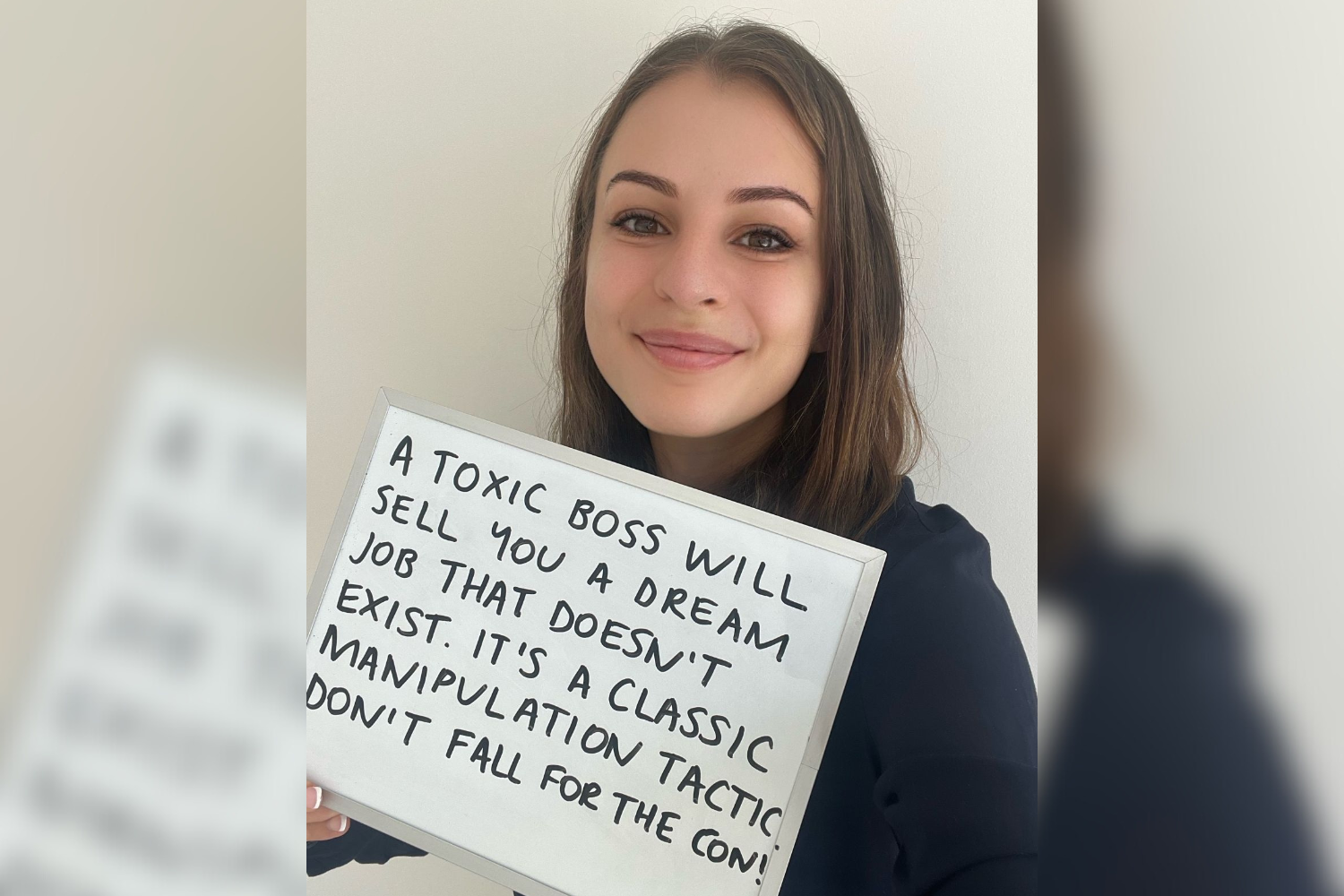

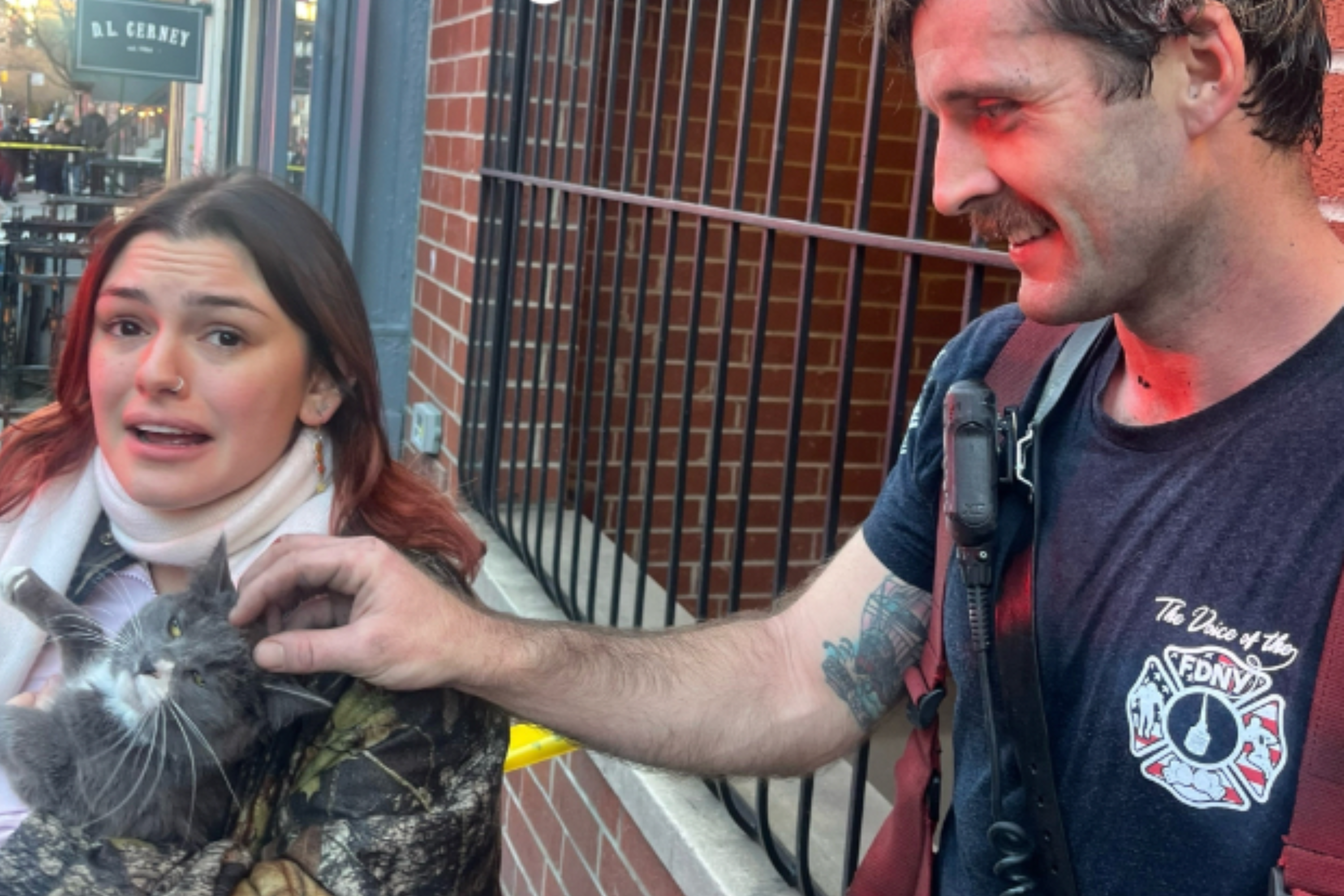
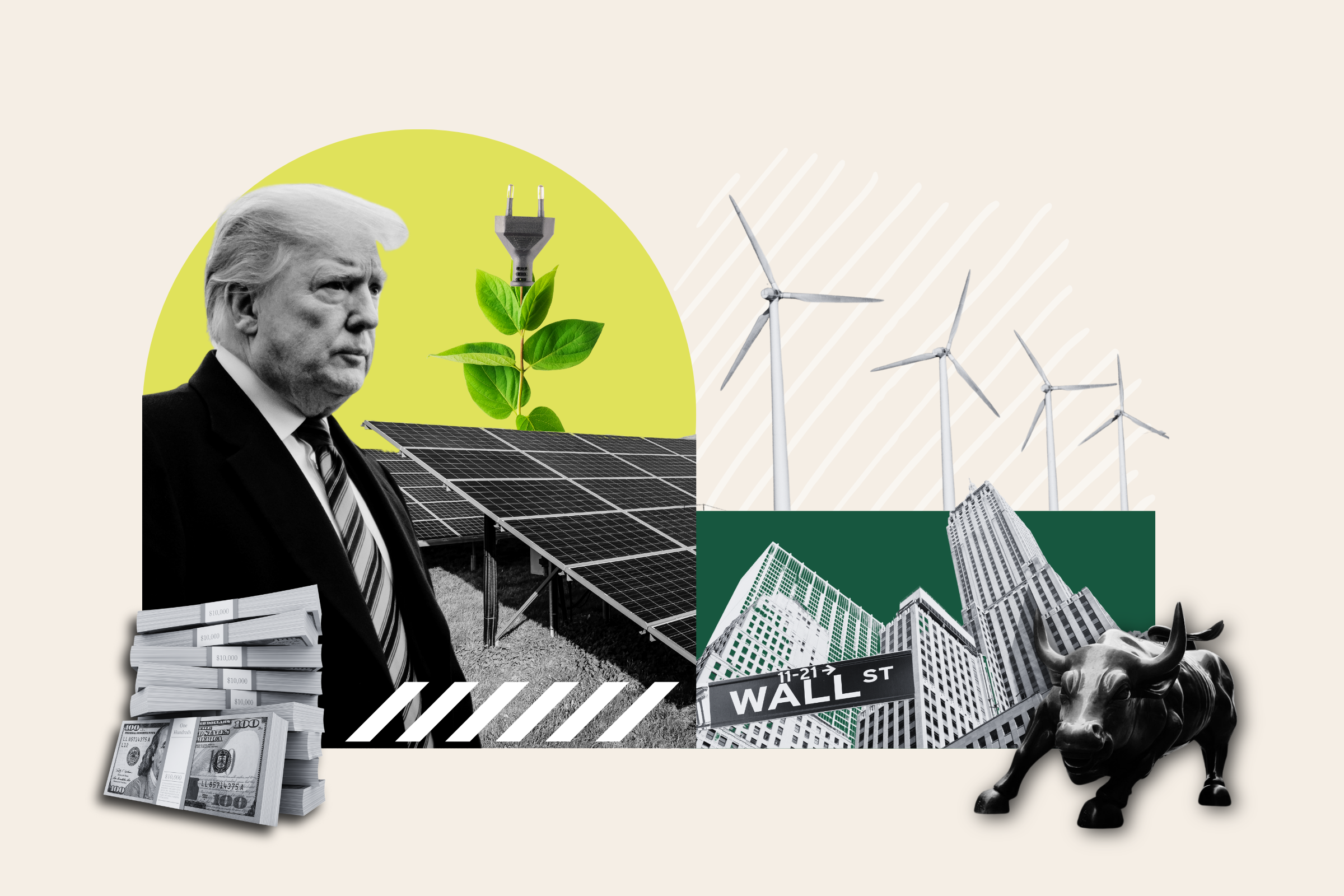








 English (US) ·
English (US) ·